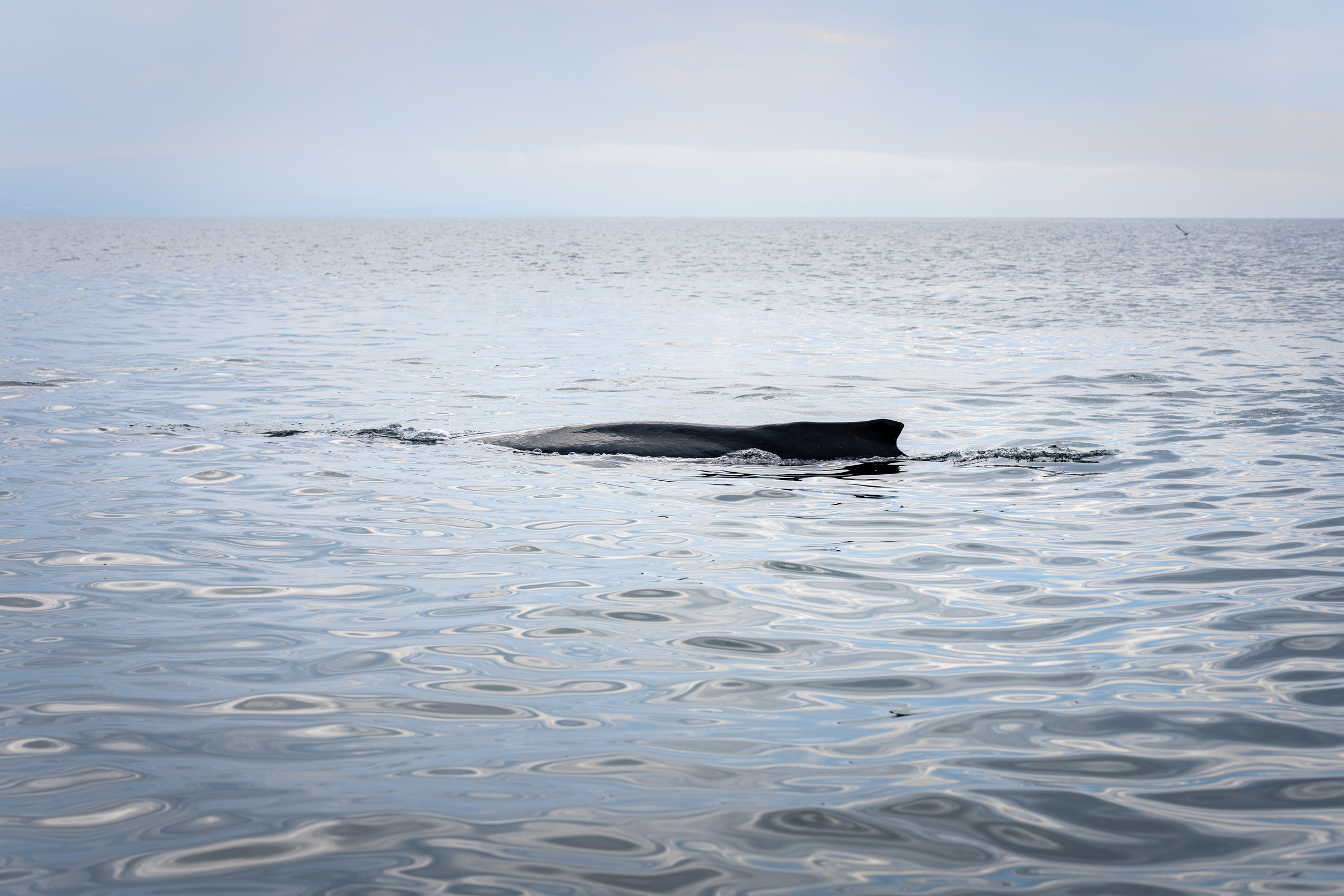Image Credit: wirestock/123rf.com
A groundbreaking artificial intelligence system named WhaleSpotter is transforming maritime safety by helping ships avoid collisions with whales, a significant threat to marine wildlife. The innovative technology provides real-time alerts to ship captains about the presence of whales, allowing them to alter their course and prevent potentially fatal encounters.
WhaleSpotter is a compact device, roughly the size of a shoebox, that employs advanced heat-sensing cameras to monitor the ocean. When it detects the warm breath of a whale against the cooler sea, an AI-driven neural network analyzes the data and confirms the presence of a whale. A human expert then verifies the detection and promptly informs the ship’s captain, ensuring timely action to avoid collisions.
Since its inception in 2019, WhaleSpotter has shown remarkable progress. The system has been tested on various vessels, including ferries and research ships, and has recorded over 51,000 marine mammal detections in 2024 alone, a significant increase from just 78 in its first year. However, its adoption has been slow, particularly among larger container ships, which pose a greater risk to whales due to their size and limited maneuverability.
To address this challenge, WhaleSpotter’s team has partnered with Matson Navigation Company to adapt the technology for large container vessels. By enhancing the detection range to nearly six kilometers (four miles) and fine-tuning camera settings, they aim to make WhaleSpotter compatible with the operational needs of these enormous ships.
The importance of real-time whale detection cannot be overstated. Ship-whale collisions are a pressing issue, and while strategies like altering shipping routes or reducing speeds have been discussed, the implementation of real-time detection systems has been relatively overlooked. WhaleSpotter’s thermal imaging technology functions effectively both day and night, which is crucial for protecting species like the critically endangered North Atlantic right whale.
As WhaleSpotter continues to evolve and expand, its developers envision a future where a network of vessels equipped with this technology shares detection data in real time. This collaborative approach could enhance the effectiveness of whale conservation efforts and significantly reduce the number of whales struck by ships. Ultimately, the goal remains clear: to enhance marine life protection and ensure safer oceans for the whales that inhabit them.
Check out the original article here: Source link



